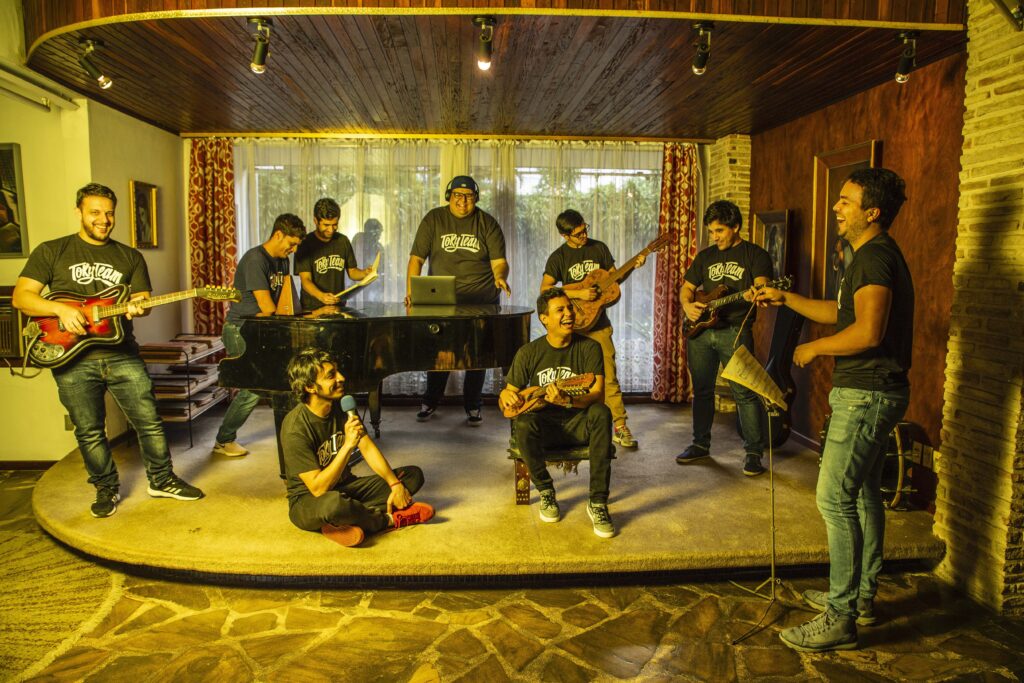At the time of this writing, we are a team of 24 people working at Toky. We are a small team and we try to keep it that way. We optimize for happiness and impact and you don’t need a huge team for that.
The playbook we created is simple and obvious, and it basically consists of evaluating three aspects of the candidate: good person, good communication skills, and intelligence.
Good person
No one likes working with douchebags, no matter how brilliant they are.
Being a good person means for me that they are not selfish, that they can be empathetic towards others, that they won’t selfishly prioritize themselves above everyone else to get where they want to be.
What has worked for me is asking questions that can lead you to see things that may not be compatible with your culture. Open-ended questions like “what makes you happy” are good for this purpose as they can lead the way into more profound questions that will let you understand better about their personality and values.
This one is probably the hardest thing to evaluate because it can be easily faked in an interview.
Good communication skills
Along the way you are always going to encounter problems of all kinds, and it is fundamental that you can communicate yourselves out of them when it happens.
A good sign a person is good at communicating is when they ask hard questions during the interview, or when they can openly talk about failures they have experienced in the past and how they got themselves out of them.
Seeing traits of introversion is not necessarily a bad sign either—people can be reserved and still be able to communicate well with their peers—but being too reserved can be an issue if everyone else in your team is an extrovert.
A person that can articulate in simple words what’s on their mind, that can tell me I’m wrong when I’m wrong, that can openly accept feedback and give feedback back in a constructive way, is what I look for every time.
Intelligence
This one is not about raw IQ measurements or how well they did on their last exam, in fact, I don’t even believe good grades are a sign of intelligence, but that’s a conversation for another time.
Building a product like Toky is not only very hard on the technical side, but the environment is also constantly changing that we need to adapt ourselves and the product regularly if we want to continue on business.
Dealing with change, with shifting priorities, with needing to acquire new technical skills when it is required, is something not a lot of people are comfortable with.
The kind of intelligence I’m talking about here doesn’t have a specific name. It’s probably an intersection between the resourcefulness mathematical intelligence gives you and the ability to successfully adapt to change that emotional intelligence can bring.
What’s clear is that our customers and industry will continue mutating and the only option we have is to adapt or perish. Everyone at Toky knows this and we welcome change every time it comes knocking at our door.
This set of rules brought to our team the most amazing people that I feel very fortunate to be working with.
It’s definitely not a comprehensive list but hopefully good enough to give you an idea of the kind of values we cherish that made us the kind of company we are today.


